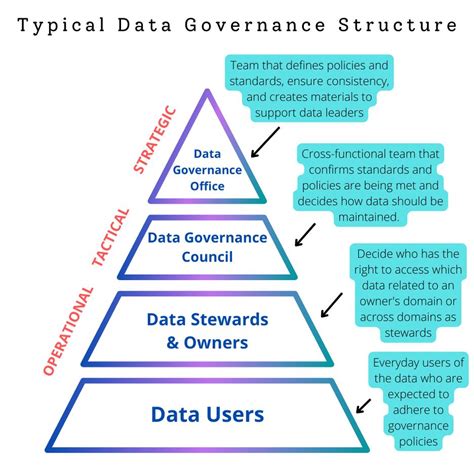The role of the ruling tokens in the future Monero (XMR): a decentralized approach to cryptocurrency regulation
As the cryptocurrency world continues to evolve, the role of ruling chips appears as a crucial aspect of ecosystem development and stability. In this article, we will explore the concept of government tokens in the context of Monero (XMR), a decentralized cryptocurrency that has obtained significant attention in recent years.
What are the ruling chips?
The ruling chips are digital active that represents the voting rights and the property in a network or a decentralized organization. They play a vital role in ensuring that decisions are transparent, responsible and correct. In the context of cryptocurrency, governance chips can be used to allow self -decentralized autonomatic organizations (DAO) and other types of blockchain -based institutions.
Monero (XMR) and ruling chips
Monero is a private cryptocurrency that uses advanced cryptographic techniques to provide anonymity and security for its users. With over 10 million users registered worldwide, Monero has been established as a popular choice for those looking for decentralized financial solutions. However, like any other cryptocurrency, Monero is facing regulatory challenges, especially in terms of anti-money-money requirements (AML) and customer knowledge (KYC).
To solve these concerns, the Monero project has introduced ruling chips, which allow interested parties to participate in the decision -making processes related to the development, implementation and increase of the network. These ruling chips are designed to provide a decentralized mechanism for voting proposals for Monero’s future development and operations.
Benefits of government tokens

Government tokens offer more benefits in Monero’s context, including:
- Increased transparency : Allowing interested parties to participate in decision -making processes, governing chips increase transparency within the Monero ecosystem.
- Improved regulation : The governing chips allow the regulatory authorities and the decision makers to better understand the internal functioning of the decentralized systems, which makes it easier to develop efficient regulations.
- Employment of interested parties : Governance chips facilitate communication between interested parties, promoting a more collaborative approach to decision making.
- Increased responsibility : Allowing users to vote for the proposals related to the development and operations of Monero, the ruling chips promote the responsibility between the interested parties.
The role of XMR government tokens in the future of Monero
In the context of Monero (XMR), the ruling chips play a vital role in activating decentralized decision -making processes. The introduction of XMR government tokens allowed Monero’s project to:
- Increasing community involvement : Allowing users to participate in voting proposals related to Monero’s development, the Governing Initiative XMR Governance increased the involvement and participation of the community.
- Improvement of decision -making processes : The government chips have facilitated the more transparent and responsible decisions in the Monero ecosystem.
- Improve the compliance of the regulations
: The use of the ruling chips allowed the regulatory authorities and the decision makers to better understand the internal functioning of the decentralized systems, promoting efficient regulations.
challenges and opportunities
While the introduction of XMR governance chips presents several challenges, including potential regulatory obstacles and competition from existing chip holders, also offer opportunities for innovation and growth. Some of these opportunities include:
- Innovation in government : The use of ruling chips allowed new types of decentralized organizations, offering new approaches to decision and solving problems.
2.